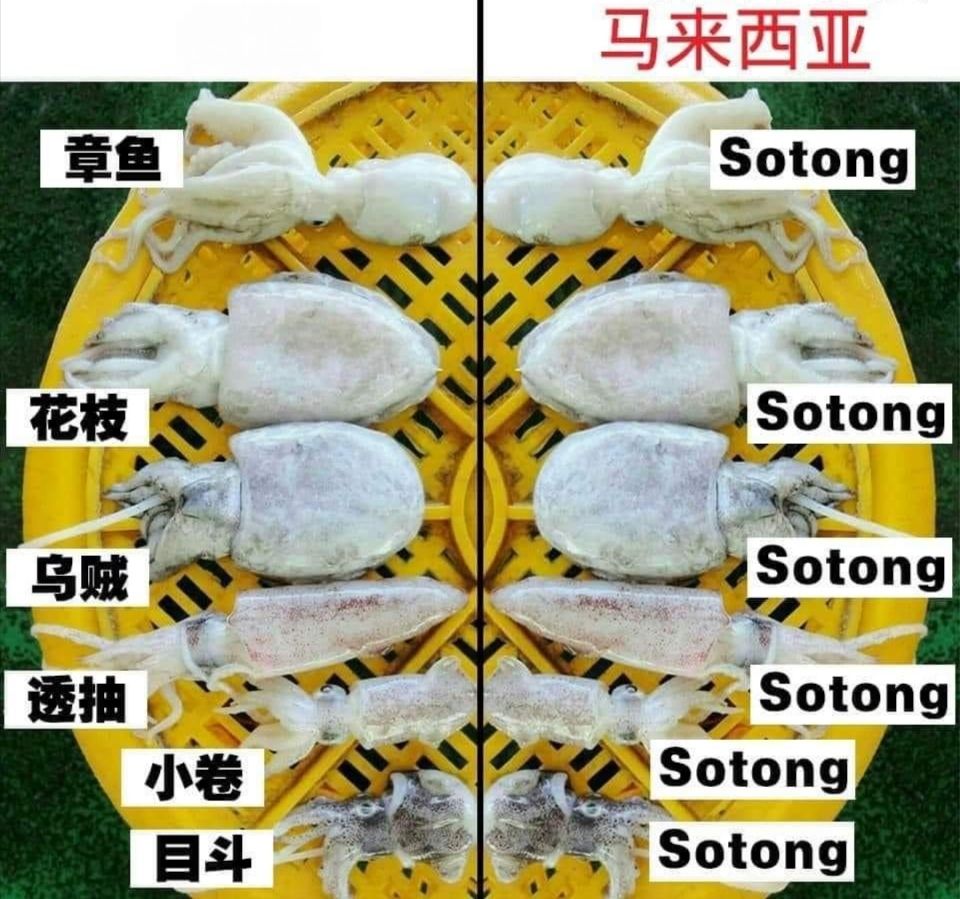Horse Chinese
In Malaysia, a multi-ethnic and cultural country, people need to learn at least two or more languages to be able to communicate with each other. Almost all Malaysian Chinese can speak three basic languages (Chinese, Malay, English) plus dialects (such as Hokkien, Teochew, Cantonese, Hakka, etc.) and a few have also learned foreign languages (the most common Japanese and Korean). Under such a complex multi-language switch, the spoken Chinese in Malaysia has also changed, and a unique Malaysian authentic Chinese has been formed after mixing a few other languages. There are some words that are very special and strange, and Chinese users in other countries may not understand it. Therefore, today I have specially organized some words to share with you the vocabulary that is commonly used by ordinary Malaysians.
- Meal 🍗🥦🍔🌽🥚
Straw = very hot water plants = very hot takeaway = packaged boiled water = boiling water
- Traffic 🚙🚲✈️🛶
Car refueling = oil overtaking = cutting car backwards = Gostan
Bicycle = Bicycle Bus = Bus
- Scenes 🏖️🏫🏥🏜️
Coffee shop = kopitiam (kopi is Malay, tiam is dialect)
Wet market = market (from Malay word pasar)
Supermarket = super / supermarket
- Life☯️✡️☪️
Sharing (food) / sharing (things) = public and private gossip = Jipo Ditch = Longgou power consumption = what to do with electricity = what to do is boring = very idle (sien)
Withdraw money = change according to money = bad money = good material and shame = inferior surprise / angry / happy = wow old walau (super-universal word, with different tones and expressions to express various emotions)
(ps: @Blue Rain @DrYuan . Tang Yuan@Miss Cai @古大仁@tanlikming陈力明Do you have anything else to add to the Malaysian team?🤣)
It can only be said that Malaysian Chinese is really special, and even some vocabulary I don’t know how it evolved, but that’s what we all say from childhood to adulthood. I have heard people criticize the Chinese language in Malaysia for being irregular and destroying the essence of traditional Chinese. My opinion is that orthodox Chinese needs to be preserved, learned and passed on. But the existence of language is to allow people to communicate with each other and convey information accurately. It is a normal and natural thing for different regions to derive different languages, and it is all for better understanding and communication, right? Malaysian Chinese also learn orthodox Chinese, but we are more accustomed to our own local words and accents in our daily communication.
Only by understanding and respecting each other and characterizing differences can we discover the diversity of this world. Hopefully this article shared today can be seen as adding a little insight.

Like my work? Don't forget to support and clap, let me know that you are with me on the road of creation. Keep this enthusiasm together!

- Author
- More